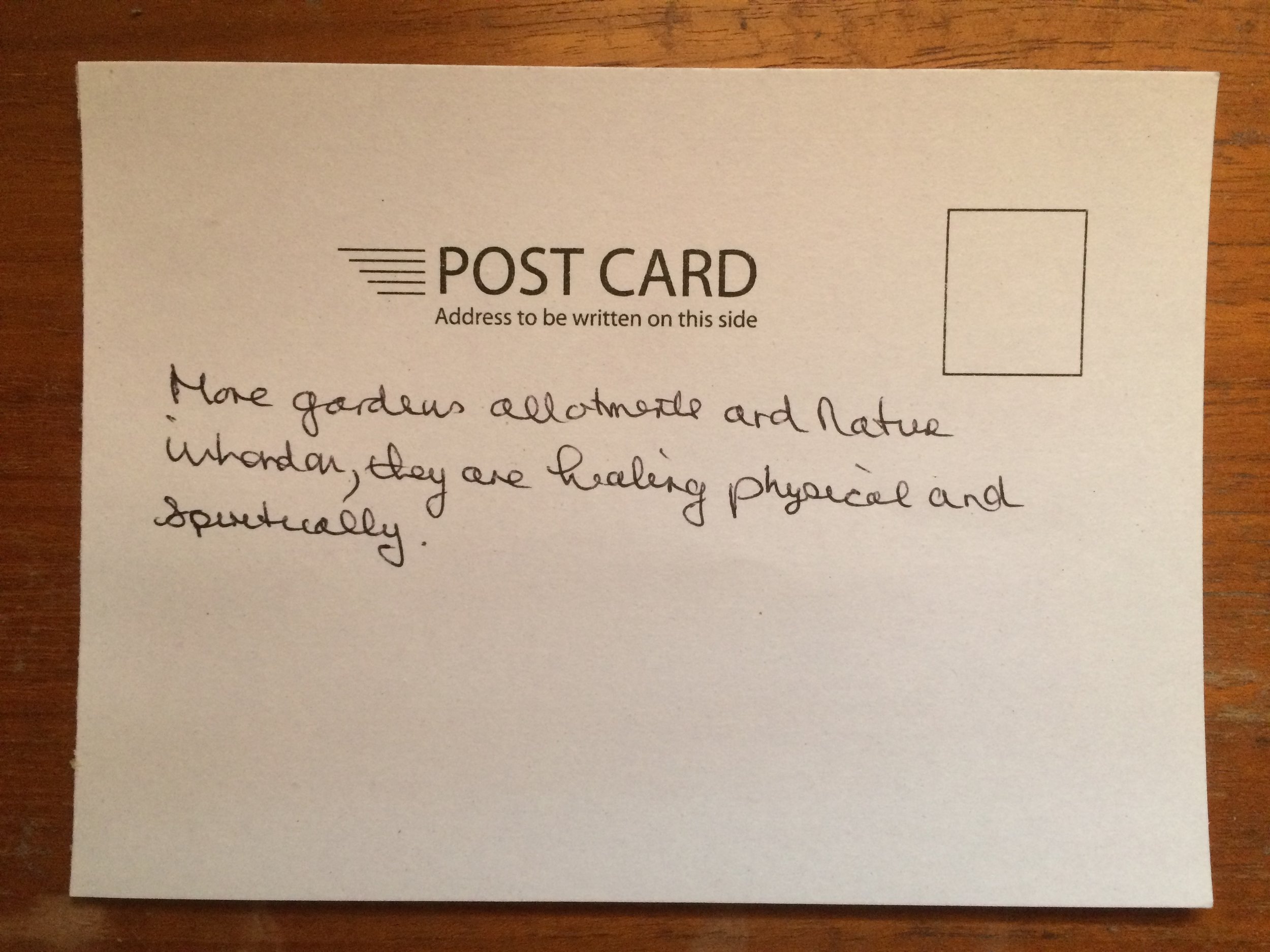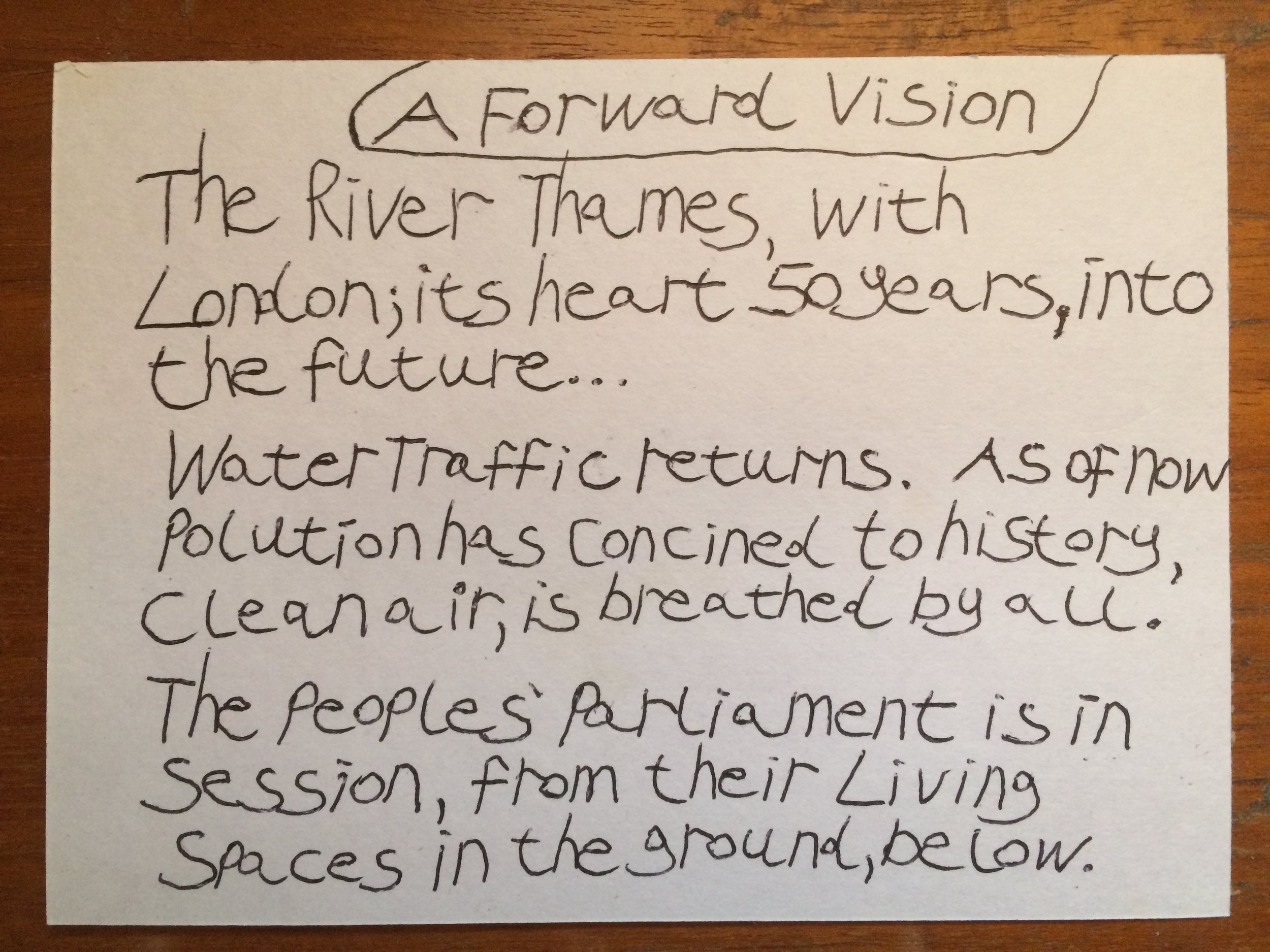Reflection - River Trip
This is the second post documenting my research process for the public artwork currently titled Reflection. I'm writing to record a few things from the second workshop: a river trip up the Thames with some (pretty youthful, it should be said) older local residents. The trip happened in collaboration with the wonderful Entelechy Arts, with support from the Albany Theatre.
We met outside the Albany, an arts centre just off Deptford High Street, and headed to the Cutty Sark: a restored clipper ship on public display in Greenwich. From there we boarded a boat and set sail up the Thames to Westminster, passing the Houses of Parliament and then returning. The journey was a great way to talk about the future of the river with a group of people who have already seen it change so much, and have a lot of thoughts and ideas about how we can best make use of such a life-sustaining resource.
Once we arrived back in Greenwich, we went for a drink and some food in an old pub next to the boat. Again we chatted for an hour or two, but I also asked my fellow travellers to write a postcard, with their thoughts on what they'd like the area, and the river, to be like in 50 years' time. I asked if they'd write about something they value now, and would like to see preserved for that future time; and also something they'd like to see change.
The exercise was useful for me in at least a couple of ways: firstly, I got to see the things that people really value about the river. And not just anyone, but people who have known it far longer than I have. Older people have a valuable perspective in another way too: they tend to rely more on social settings than younger people, being more vulnerable to sudden change, and also having more attachments to people and places simply by having been around them for longer. The ways in which people live near the river, and the ways in which they use it, were particularly important.
The second useful point was being able to speak to people who likely will not be around 50 years in the future. My own hopes for that time might be selfish, amongst other things: I plan to still be around in 50 years, and there are things I'd want personally. Later in life, desires for the future become less personal - they're about what one might want for wider society, or one's young relatives. Issues like free access, clean water, adequate housing, and other things that might fall under 'social justice' came up.
Older people tend to get grouped together in one mass, which hides a wealth of different experiences and views. I feel lucky to have a lot of older friends and collaborators, and one thing I value is the way personal, individual connections make it impossible to lump people together into one group. One older woman told me all kinds of risqué stories about things she and friends got up to by the river before I was born. Another had never actually travelled on the river before, and it was an honour to be there the first time she did.
Housing came up as a big issue, particularly high-rise buildings. Allotments came up often also, as did a feeling that the river was at risk of pollution. I went home and read up all evening about the history of the area and its early settlements, and its long period as a scarecely-populated market garden. I wouldn't want to obsess over a past that was doubtless less pleasant than it seems through history books, but the ambition to live in a city that felt as if it was a garden did seem appealing. The longing my fellow travellers had for a particular way of life, when we talked further, always had the same justifications: knowing your neighbour, being close to nature, taking care of each other and the environment. Stuff that I think most of us could get behind, but expressed with experience I've yet to acquire.










